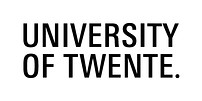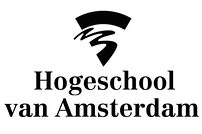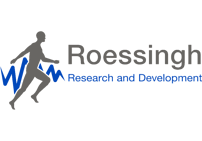Lifelong learning
Shaping lifelong learning in organisations through learning communities, attractive and effective HR(D) practices and career guidance. Within this track, we collaborate with organisations on effective combinations of HR(D) practices that collectively encourage employees to learn and develop.
For our vision of lifelong learning, read Professor Stephan Corporaal’s public lecture on employee unrest.
Main research themes
In a context where learning and development is increasingly important and demanded, how do we design effective learning interventions? How effective are these interventions, and how do we organise learning processes with a view to innovation - without learning or end goals being clear in advance? For individuals, but also at team and organisational level? These and other questions are the focus of the first thematic line. We achieve this, for example, by setting up learning communities together with partners and examining their effectiveness and underlying principles. We are also looking at other ways of bringing learning closer to the workplace.
Learning and development are context dependent. So how do we provide work that is challenging but doable at the same time? What can an organisation do to focus on learning and development and translate this into concrete innovations? Questions such as these are at the heart of this second thematic line, which relates to decent work from and in stimulating work contexts. We achieve this by conducting research with internal and external partners, for example on the mapping and improvement of learning cultures in organisations.
We learn and develop throughout our lives, but this process requires support. For example, what does learning mean at times of transition in a career, for example when entering the labour market (during and after vocational education) or when changing employers and jobs at a later age? How do we support people who have negative educational experiences during their careers? And how do we encourage people to become adaptable and self-managing, also in relation to their sustainable employability? In this third thematic line, we focus in particular on learning at different career stages and how this process can be specifically supported. We do this, for example, by conducting research into the role of career professionals and the use of career instruments.
Our projects
-
Building Human Capital in Construction
-
DigiGEN up-skilling digital skills
-
Self-direction in cleaning
-
Human Capital for a Smart World – postdoctoral programme
-
MedTech
-
New job opportunities through the energy transition
-
Scaling up learning communities in Twente
-
RAAK SME Learning Culture
-
Smart 4I
Collaboration?
Do you have a question or an idea for a research project? Contact:










